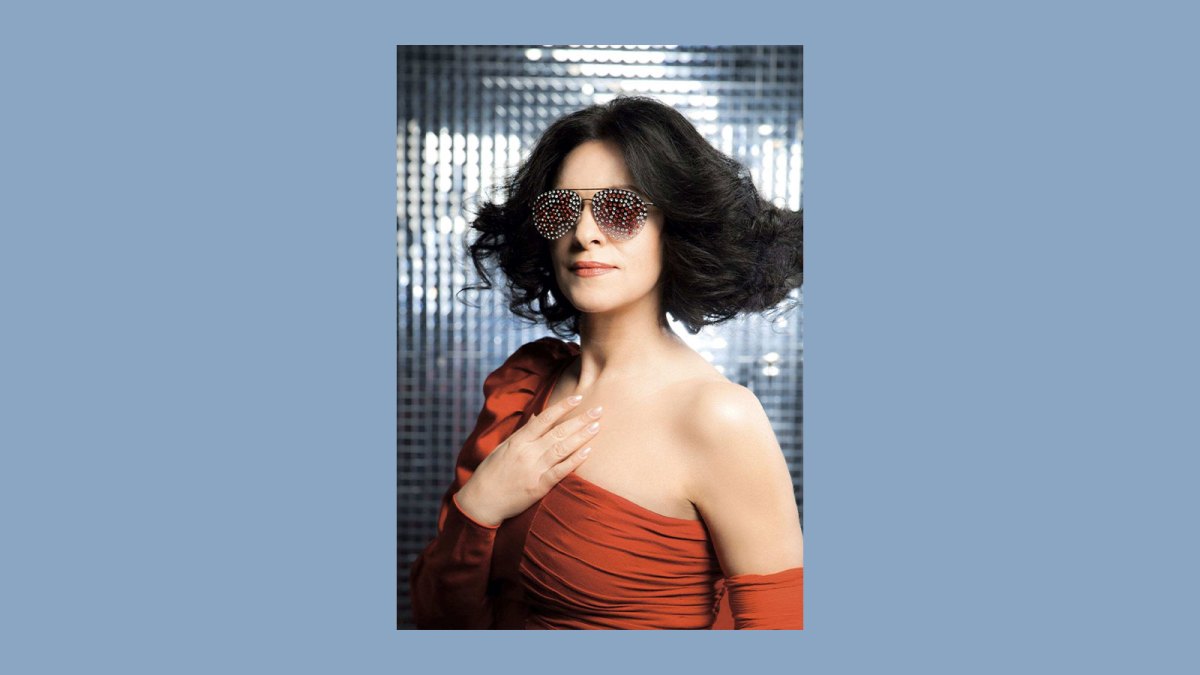Read this and 900+ other articles when you subscribe to VAN
Already a subscriber? Log in here.
Already a subscriber? Log in here.
Take VAN for a test drive:
Purchase an annual subscription now and test VAN for a month completely free. You can cancel the subscription at any time and won’t be charged until the first 4 weeks are up.

